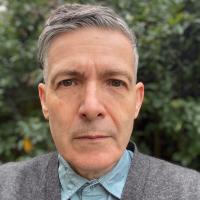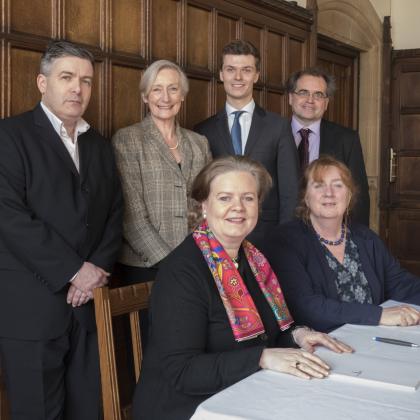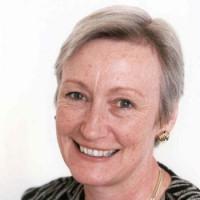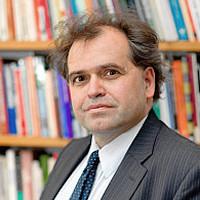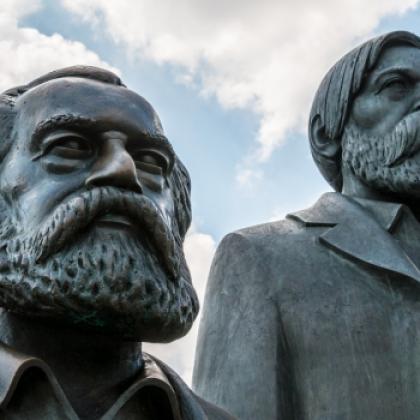David Leopold
MA Sus, MA DPhil Oxon
Research
I am especially interested in the political philosophy of G.W.F Hegel, in the social and political thought of Karl Marx, and in theoretical connections between those two authors. I often supervise doctoral students sharing those interests in Marx and Hegel. My recent research publications in this area include critical engagement with Marx’s views on human flourishing (which have affinities with modern capabilities approaches), and work on contemporary Analytical Marxism.
In addition, I have research interests in utopia and utopianism. I have sought to rescue certain ideas of utopia from critics, and offer a defence of some proponents of utopianism – including William Morris – who are sometimes treated with condescension. Relatedly, I have written about the young Friedrich Engels’ early interest in intentional settlements and in communitarian forms of socialism.
Lastly, I am interested in certain related methodological questions in political theory; for example, in the place of so-called ‘ideal theory’ within political philosophy, and in whether and why political theorists might benefit from some engagement with the history of political thought.
Teaching
Undergraduate teaching: I have taught the political theory part of the first year ‘Introduction to Politics’ course; the core Finals paper ‘Theory of Politics’; and the three further theory papers ‘History of Political Thought: Plato to Rousseau’; ‘History of Political Thought: Bentham to Weber’; and ‘Marx and Marxism’. I am currently the Course Provider for the ‘Marx and Marxism’ course.
Graduate teaching: I currently teach a research methods course, to both MSc Political Theory research and MPhil Political Theory students, entitled 'Problems of Method in the History of Political Thought', as well as a second year MPhil optional paper on 'Political Theories of Hegel and Marx'.
